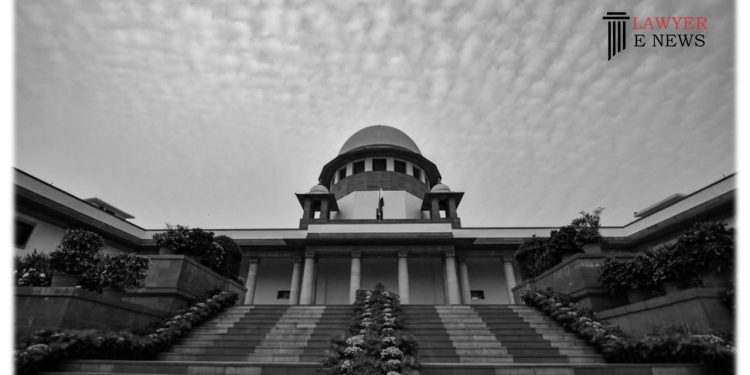-
by Admin
15 February 2026 5:35 AM



In a recent judgment, the Supreme Court of India has quashed the criminal proceedings initiated against two International Society for Krishna Consciousness (ISKCON) leaders. The Court, while exercising its power under Section 482 of the Criminal Procedure Code (Cr.P.C.), ruled that the prosecution constituted an abuse of the court's process and lacked merit.
The case pertained to a complaint filed by the ISKCON Kolkata branch, alleging the theft of a luxury bus in 2001. The complaint accused the appellants, Chanchalpati Das (Vice President of ISKCON, Bengaluru) and Madhupandit Das (President of ISKCON, Bengaluru), of theft, criminal breach of trust, and forgery. The complaint further claimed that the bus had been taken to Bengaluru by the accused.
The High Court at Kolkata had previously dismissed the Criminal Revision Applications filed by the appellants seeking the quashing of the charge-sheet. However, upon review, the Supreme Court found that the complaint had been filed after an unexplained delay of eight years, which it deemed a misuse and abuse of the court's process. The Court also noted the absence of substantive evidence to support the allegations against the accused.
The Supreme Court emphasized that the powers under Section 482 of Cr.P.C. should be exercised sparingly and with caution. Referring to the landmark case of State of Haryana v. Bhajan Lal, the Court reiterated the guidelines for quashing proceedings, including instances where the allegations do not constitute an offense or are absurd and improbable. The Court held that the allegations made against the appellants fell within these categories, with no prima facie case established against them.
Furthermore, the Court expressed concern over the proliferation of frivolous litigation and emphasized the need to deter litigants from engaging in such practices. It observed that the misuse and abuse of the legal process impede the timely hearing of genuine cases. The Court stressed the importance of imposing exemplary costs on parties involved in frivolous litigation.
Supreme Court quashed the criminal proceedings pending against the appellants in the Court of Chief Judicial Magistrate, Alipore, arising from the FIR registered at Ballygunge Police Station. The Court also directed the respondent-complainant to deposit a sum of Rs. 1,00,000 with the Supreme Court Advocates-on-Record Association as exemplary costs.
D.D.18.May.2023
CHANCHALPATI DAS vs THE STATE OF WEST BENGAL & ANR.
